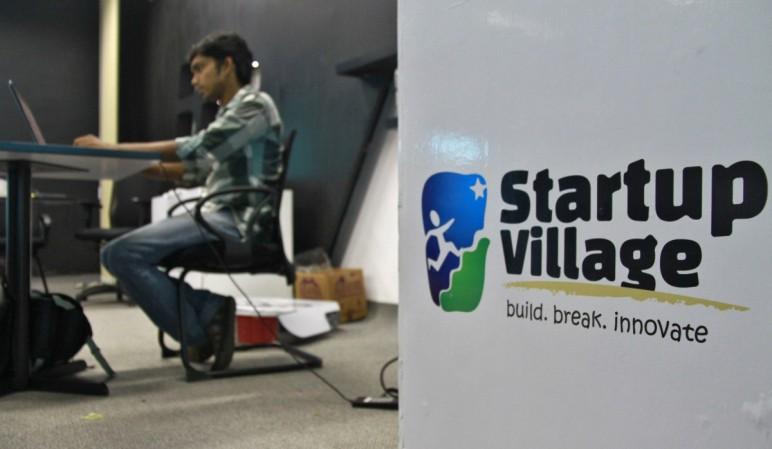
The Indian government is seeking to review tax for start-ups in an attempt to make the tax regime more attractive and easy for entrepreneurs.
Further, to push this faster, discussions have also been initiated across ministries over the last few days, ahead of Prime Minister Narendra Modi's meeting scheduled with several start-ups and their chief executive officers (CEOs) during the Global Entrepreneurship Summit in Hyderabad this week, the Times of India reported.
The government's agenda includes tweaks in the taxation policy.
Modi had announced a policy about two years back and several elements of the package need to be revised after feedback from the industry.
"The idea is to make the regime as attractive as possible and the concerns are sought to be addressed at the earliest," said an official.
To look after start-ups is a priority agenda of the Modi government as they not only boost entrepreneurship but also help in creating thousands of jobs every year.
The Centre recently, under its Startup India, Stand Up India program, has extended tax benefits to 67 startups till date. During this year's budget, Finance Minister Arun Jaitley stated that firms that were incorporated after March 31, 2016, could avail a tax holiday for three out of seven years, from the date of incorporation.
Earlier, the limit was for three out of five years.
The minister said that about 3,576 startups have been recognised as on September 7. Out of these tax benefits were given to 67 startups.
![Prime Minister Narendra Modi [Representational Image] Prime Minister Narendra Modi](https://data1.ibtimes.co.in/en/full/653523/prime-minister-narendra-modi.jpg?h=450&l=50&t=40)
Till date, the Department of Industrial Policy and Promotion (DIPP) has onsidered 671 startups for income tax exemption.
The "Startup India Campaign" was launched by the Modi-government in 2015 and has been supported with a three-year income tax holiday in the first seven years of business and a slew of income tax and other concessions.
While further tax changes are unlikely before the next Budget which is scheduled for February 1, some of the procedural issues can be fixed earlier if they only require change in rules through notifications.







!['Lip lock, pressure, pyaar': Vidya Balan- Pratik Gandhi shine in non-judgmental infidelity romcom Do Aur Do Pyaar [ Review]](https://data1.ibtimes.co.in/en/full/797104/lip-lock-pressure-pyaar-vidya-balan-pratik-gandhi-shine-non-judgmental-infidelity-romcom.jpg?w=220&h=138)







